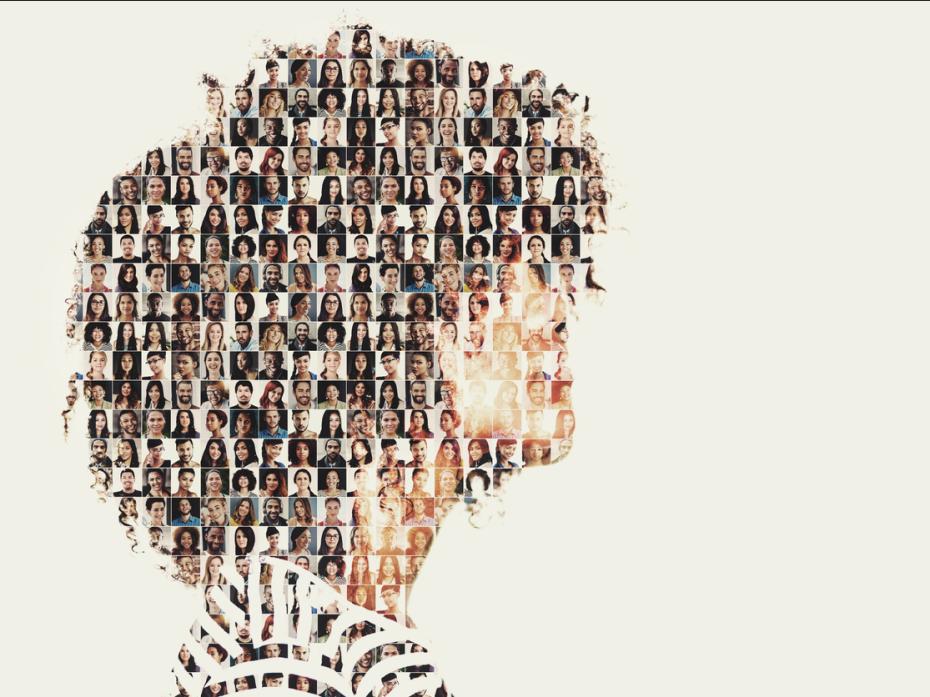
Encourage intellectual development in students to improve work readiness
“Students are not ready for the world of work” is a common complaint from graduate employers. In fact, fewer employers believed graduates to be career-ready at the point of being hired in 2024 than in the previous year, sliding to 49 per cent from 54 per cent, according to the Institute of Student Employers (ISE) survey.
This decline in workplace readiness is a trend that has been increasing for years and is often blamed on students’ inability to connect to employers.
The biggest areas where students fell short of employers’ expectations were resilience, time management and self-awareness, the ISE 2024 survey revealed. So what can be done to help students develop these skills and become more ready for work?
An answer to this question lies in reducing students’ reliance on teachers. Throughout secondary and further education, teaching is often focused on passing exams, which encourages a dualistic approach to learning. Students ask lecturers what they need to learn to continue a content approach to learning. Teachers are put on a pedestal, and students assume they are being instructed to find the single answer to problems posed. Teachers, in response to this, can be tempted to provide more scaffolding, more teacher feedback and more clear-cut answers to satisfy students’ wants. While this approach might help students to feel more satisfied, it will not help them develop intellectually so that they can gain the resilience, self-awareness, time management and critical thinking skills that they need for work.
William Perry’s work on students’ intellectual development, originally from 1970, is still relevant today. His scheme explains that once students start to be exposed to multiple perspectives, they can move from a dualistic approach to a position called “multiplicity”.
In multiplicity, students emphasise “how” to learn rather than “what” to learn and start to see peers as valuable in the learning process. In this position, they do still rely on the teacher as an entertainer who must grab their attention to get them to exchange ideas, but they are more self-aware and cognisant that the real world rarely has binary answers. Students might find that they are overwhelmed and struggle to demonstrate critical thinking, but with reassurance from their teacher, they can start to develop the resilience to cope with uncertainties.
- Spotlight guide: Getting students workplace ready
- How to prepare students for a global working world
- A new learning outcomes model to nurture future-proof skills
When students start to cope with this influx of possibilities and to exhibit critical thinking, they move on to the next position of intellectual development, “pure relativism”.
At this point, students start to learn how to think independently and can demonstrate the beginnings of critical thinking. They start to work out which idea fits a certain situation and seek additional evidence, then develop self-awareness. This can help them connect to employers as they link their learning to the real world.
Students thinking from this perspective discover for themselves what is true and, therefore, manage their time outside class to be able to spend time doing this. At this point, students see grades as a lesser part of learning and, as in the world of professional employment, view peers as a potential source of learning, rather than a diversion or distraction. This perspective can be encouraged by requiring students to discover for themselves what is true and being exposed to the wider purposes of their learning.
This kind of relativism is inadequate for fully understanding the world, however; educators need to encourage students to move beyond this stance to a position Perry termed “contextual relativism”.
Shifting to this perspective allows students to evaluate different viewpoints within specified contexts with individual agency as a seeker of knowledge. Students who have attained this level of intellectual development seek to develop good judgement, which can be encouraged in part by real-world experiences and authentic assessment. They are comfortable with multiple, and often conflicting, viewpoints. Students in this position have self-awareness to understand the context of their learning and the resilience to cope with constructive critique.
Progression to contextual relativism can be encouraged by setting open-ended questions with ambiguous answers, modelling respect for diverse opposing evidenced-based viewpoints and encouraging self-evaluation through setting self-feedback reflective assignments.
Encouraging intellectual development in classrooms prepares students for the world of work, where answers are not clear-cut and where they will not be able to rely on a teacher as a provider of facts to learn. By setting problems with ambiguous answers, students are helped to develop resilience. Encouraging students’ independence in thinking and finding evidence will require time management. Finally, encouraging comfort in multiplicity increases the self-awareness students need to thrive in life beyond university and become career-ready.
Jennifer Rose is a senior lecturer at the Alliance Manchester Business School, University of Manchester. Bill Moore leads the Perry Institute.
If you would like advice and insight from academics and university staff delivered direct to your inbox each week, sign up for the Campus newsletter.




